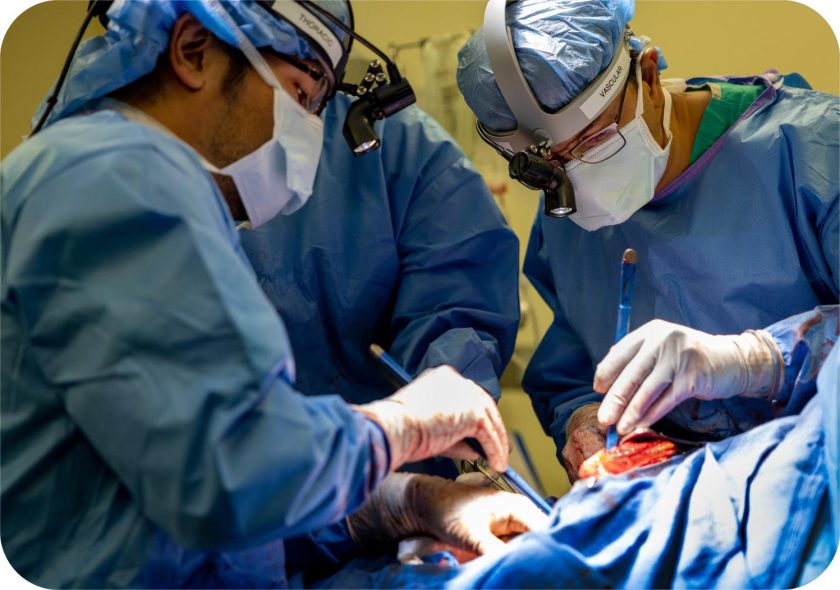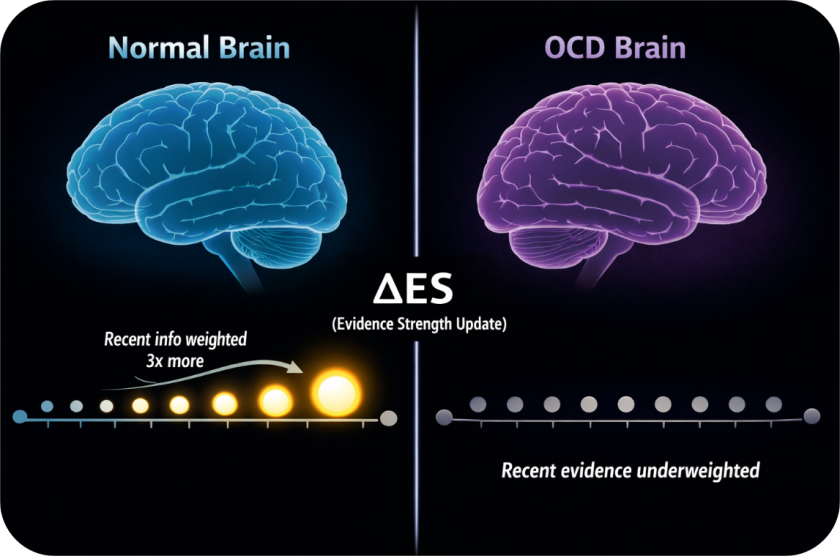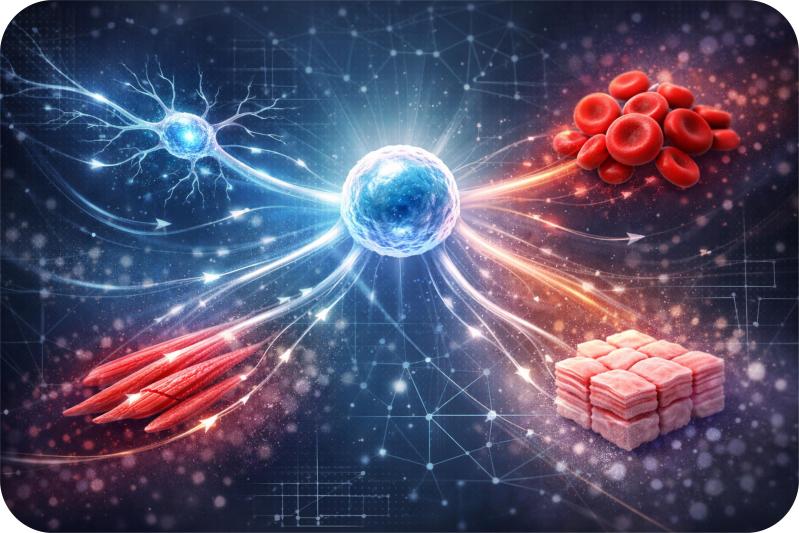
Peripheral nervous system (PNS) axons regenerate in contrast with central nervous system (CNS) axons, however, the rate of renewal is fairly slow. It is because of its sluggish rate majority of the peripheral nerve injuries lead to permanent disability for patients.
Researchers at Johns Hopkins Medicine have investigated that altering the metabolism of macrophages leads to quick regeneration of peripheral nerves.
Macrophages
Macrophages are a type of white blood cell of the immune system that helps in getting rid of pathogen (an organism causing disease to its host) including viruses and bacteria, dead cells and cellular debris to keep the body cells healthy.
Genetic manipulations on macrophages
To understand the effect of genetic manipulations on metabolism of macrophages, researchers used mice as their test subject. They observed that removing monocarboxylate transporter 1 (MCT1), a metabolic transporter, delayed recovery from nerve injury.
MCT1 is a ubiquitous protein that in humans is encoded by the SLC16A1 gene. It plays a major role in cell metabolism and metabolic communication between tissues.
Tweaking monocarboxylate transporter 1 leads to other changes in macrophage cellular functions, such as
- its ability to collect foreign materials and unwanted cellular debris and
- cytokines secretions, a form of protein that is responsible for co-ordinating with other immune cells for optimal performance of body’s defence mechanism.
The study revealed that increasing MCT1 in macrophages is directly proportional to enhanced recovery post neve injury in the test subject.

Takeaway
As per Mithilesh Kumar Jha, Ph.D., postdoctoral research fellow at Johns Hopkins, macrophages that were first cultured outside and then intravenously injected into mice too impact nerve recovery.
Researchers concluded that more the number of MCT1 faster the rate of recovery. This opens up to new prospects in treating severe nerve injuries from traumas and accidents like motor vehicle accident and gunshot wounds.
Additionally, treatments like injecting patients with their own macrophages with upregulated levels of MCT1 could help them with peripheral nerve injuries. Currently there is no medical therapy as such.
Also, the research is limited to the lab, since there are no human clinical trials yet.



